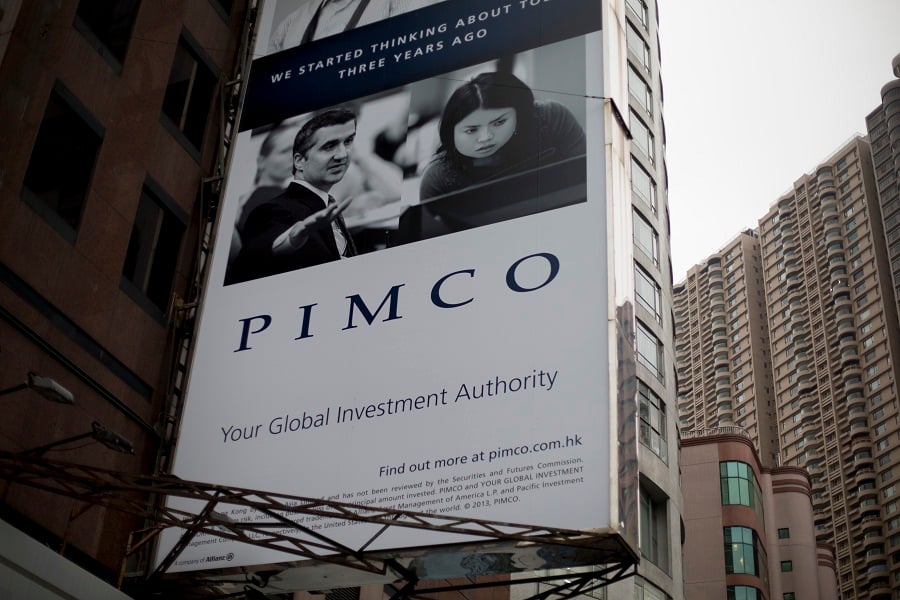

U.S. growth is likely to slow in the first half even as the likelihood of recession recedes globally amid reduced trade tensions with China and further accommodation by central banks, according to Pacific Investment Management Co.
“Just as the U.S. cycle lagged behind the global cycle during 2018 and 2019 with the U.S. economy slowing later and by less than the rest of the world, we expect global growth to trough out and rebound earlier than U.S. growth this year,” Joachim Fels, global economic adviser, and Andrew Balls, chief investment officer for fixed income, wrote in an outlook released Tuesday.
The bond giant in December 2018 said there was a 30% recession probability over 12 months. The new report doesn’t include a similar number but warns that when a recession hits, it may be worse because central bank easing has left “less monetary policy space available for future action” while spurring risk-taking by companies and households that “could come back to haunt them and their creditors.”
Other highlights in the outlook, based on a December forum at the firm’s Newport Beach,-Calif., headquarters, include:
Expect real U.S. gross domestic product growth to slow to 1.5%-2% in 2020, from about 2.3% in 2019, with most of the gains coming in the second half. Political uncertainty surrounding the U.S. elections could hold back “animal spirits” if progressive high-tax, high-regulation Democrats seize momentum.
GDP growth outlook outside the U.S.: 0.75%-1.25% in both the euro area and the U.K., 0.25%-0.75% in Japan and 5%-6% in China.
Credit: Pimco expects to favor financials over industrials. It also likes “short-dated, default-remote ‘bend but don’t break’” corporate exposures.
Inflation: Buy protection as central bankers prefer “the devil they know” over deflation. That also implies a steepening yield curve in the U.S. and elsewhere.
Currencies: Overweight an emerging market basket versus the U.S. dollar and the euro. Favor the yen, reflecting cheap valuation and the “risk-off nature” of a long position.
In asset allocation portfolios, the firm sees a “modest overweight to equities” with profit growth providing support despite elevated valuations.

Rajesh Markan earlier this year pleaded guilty to one count of criminal fraud related to his sale of fake investments to 10 clients totaling $2.9 million.

From building trust to steering through emotions and responding to client challenges, new advisors need human skills to shape the future of the advice industry.

"The outcome is correct, but it's disappointing that FINRA had ample opportunity to investigate the merits of clients' allegations in these claims, including the testimony in the three investor arbitrations with hearings," Jeff Erez, a plaintiff's attorney representing a large portion of the Stifel clients, said.

Chair also praised the passage of stablecoin legislation this week.

Maridea Wealth Management's deal in Chicago, Illinois is its first after securing a strategic investment in April.
Orion's Tom Wilson on delivering coordinated, high-touch service in a world where returns alone no longer set you apart.
Barely a decade old, registered index-linked annuities have quickly surged in popularity, thanks to their unique blend of protection and growth potential—an appealing option for investors looking to chart a steadier course through today's choppy market waters, says Myles Lambert, Brighthouse Financial.
